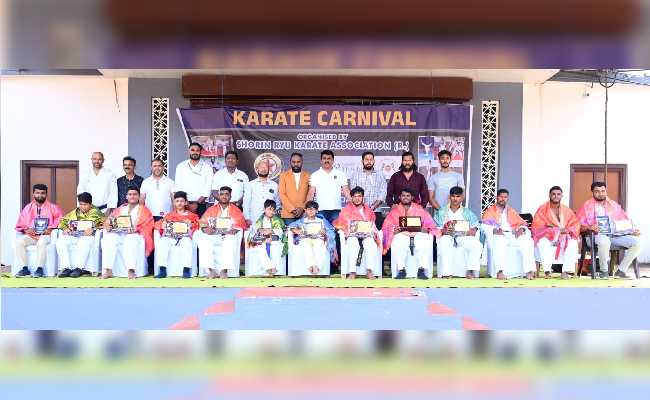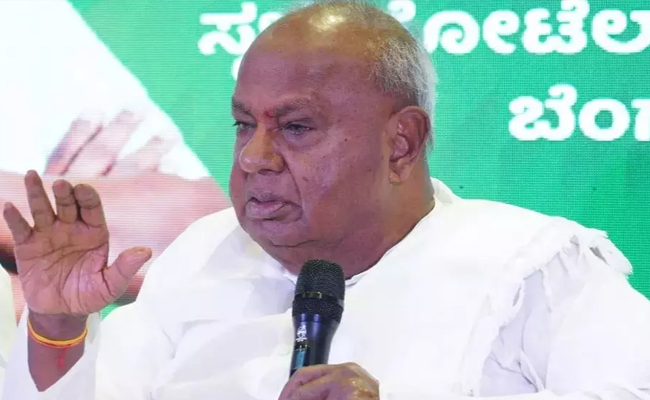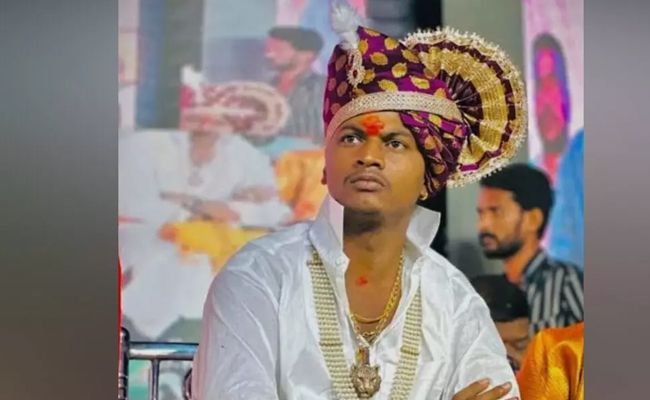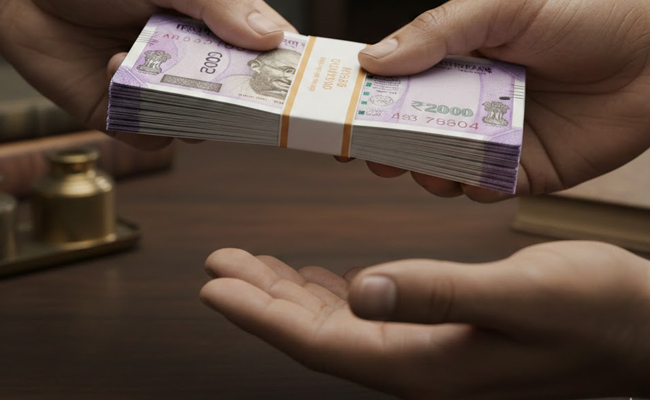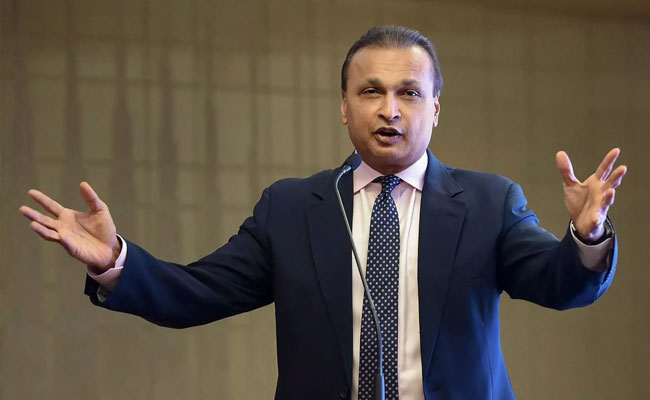Mangaluru: Ilaf Abdul Qadir, an eight-year-old prodigious student from Kankandy, Mangaluru, has etched his name in the Noble Book of World Records by achieving an astounding feat. Ilaf, currently enrolled in the second grade at Presidency School, Mangaluru, is the son of Mohammed Mustafa Kannur and Asiya Juveria.
The remarkable accomplishment took place during the Karate Carnival organized by the Shorin Ryu Karate Association at Samaja Mandir Moodabidri on January 13th, 2024. Ilaf threw an impressive 387 punches in the air within a span of one minute, securing his place in the prestigious record book.
Ilaf Abdul Qadir embarked on his karate journey in 2023 with the ambitious goal of setting a world record at a young age. With support and motivation from his parents, he successfully achieved his objective. He is coached by Mohammed Nadeem, a certified coach of the World Karate Federation and the Shorin Ryu Karate Association.
In addition to his latest world record, Ilaf has previously showcased his martial arts prowess in various competitions:
- 1st National Level Karate Competition: 2nd place in Kumite
- State Level Karate Competition: 1st place in Kumite
- 2nd State Level Invitational Karate Competition: 1st place in Kumite
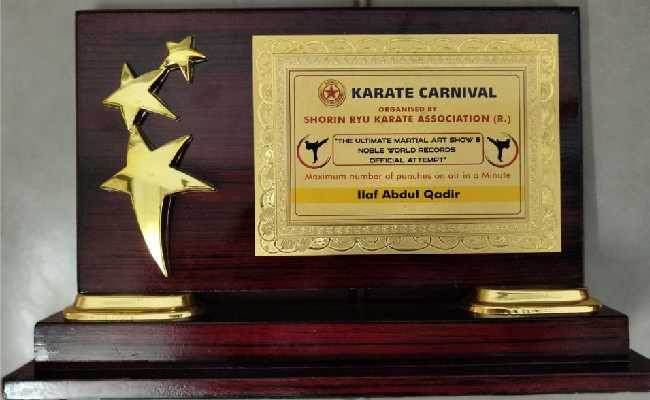
Let the Truth be known. If you read VB and like VB, please be a VB Supporter and Help us deliver the Truth to one and all.
Bengaluru: JD(S) supremo and former Prime Minister H.D. Deve Gowda has indicated that the party is open to an understanding with the NDA in the upcoming local body, taluk and zilla panchayat elections.
Speaking to reporters at J.P. Bhavan on Wednesday, he said the JD(S) is a regional party, while the BJP is a national party. “We have to wait and see what decision they take regarding a pre-poll alliance. As far as local body elections are concerned, we will discuss the matter together before taking a decision,” he said.
Responding to Chief Minister Siddaramaiah’s allegation that the JD(S) does not give positions to anyone outside the family, Deve Gowda said the charge has no substance. “My memory is still strong. I will respond to everything at the appropriate time,” he remarked.
He also said that a JD(S) convention will be held in Vijayapura on February 27 and that he has been invited to participate in the event.

